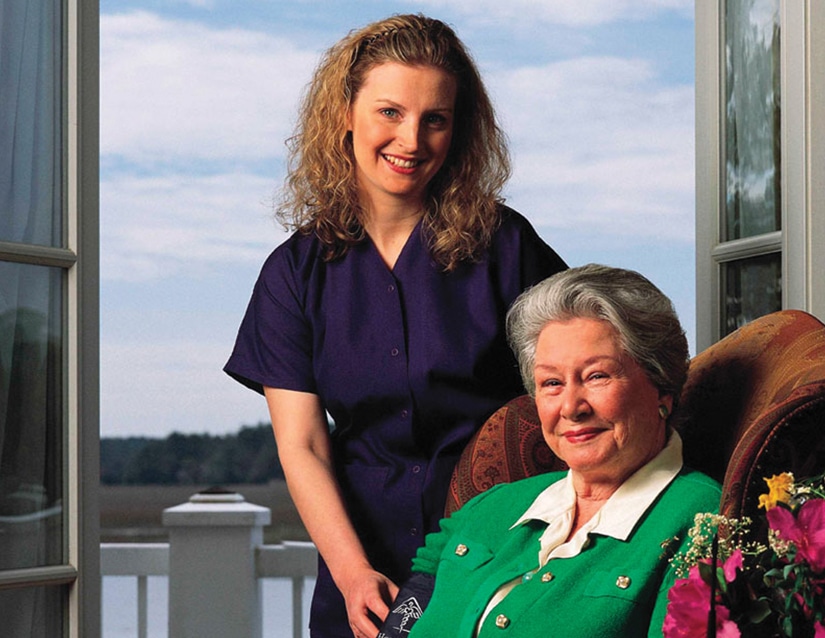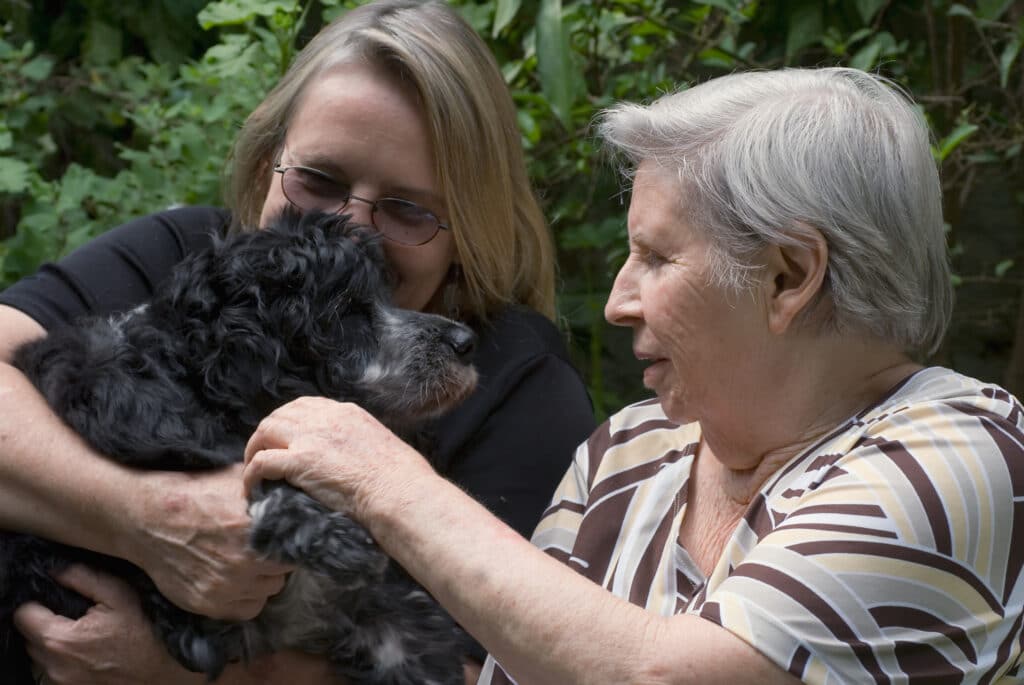Alzheimer’s disease is a progressive, cognitive impairment caused by brain cell degeneration.
This neurological condition usually affects seniors and the elderly but can affect any individual at any age.
WHAT CAUSES ALZHEIMER’S DISEASE
There are a lot of studies on what causes Alzheimer’s and how to treat and prevent it.
Right now, it’s commonly believed to be caused by three factors:
- Age-related changes within the brain
- Genetic and hereditary factors
- Lifestyle and environment
COMMON SYMPTOMS OF ALZHEIMER’S DISEASE
We all become more forgetful and slightly confused as we age. If someone you love is showing some forgetfulness and confusion, it doesn’t mean they have Alzheimer’s disease.
If you suspect that an elderly or senior loved one may have Alzheimer’s, they need to be taken to a medical specialist to be assessed and diagnosed.
COMMON SYMPTOMS OF ALZHEIMER’S DISEASE
There are various cognitive disorders that affect the memory of the elderly and seniors.
One such condition is called Mild Cognitive Impairment (MCI).
While this condition does affect memory and presents as confusion and forgetfulness, it does not affect a person’s everyday life.
The actual symptoms of Alzheimer’s disease vary from one person to the next, this neurological condition presents as more than just memory loss.
Common signs and symptoms of Alzheimer’s include:
- Word-Finding / Verbal Expression
- Visual / Spatial Issues
- Display Impaired Reasoning Ability
It’s important to understand that not every person diagnosed with Alzheimer’s has dementia.
The reverse is also true – someone diagnosed with dementia doesn’t always have Alzheimer’s.
Alzheimer’s disease and dementia are two separate neurological conditions.
STAGES OF ALZHEIMER’S DISEASE
There are three stages of progression for Alzheimer’s disease.
- Early Stage
- Moderate Stage
- Late / Severe Stage
Someone displaying signs of early Alzheimer’s will have trouble with daily tasks such as forgetfulness, paying bills, asking questions repeatedly, wandering and may start showing personality and behavioral changes.
As the disease progresses, they will have more trouble recognizing family and friends or completing tasks that require multiple steps.
This is due to damage to areas of the brain that control reasoning, conscious thought, language and sensory processing. At this stage, they can also suffer from hallucinations delusions and paranoia.
This may also lead to another condition that causes severe anxiety and agitation as night approaches.
In the severe or late stages of Alzheimer’s, the body begins to shut down and someone suffering through this stage may spend most or all of their time in bed. They require help for all of their personal care including toiletry, bathing, hand feeding, companionship, and safety supervision.





